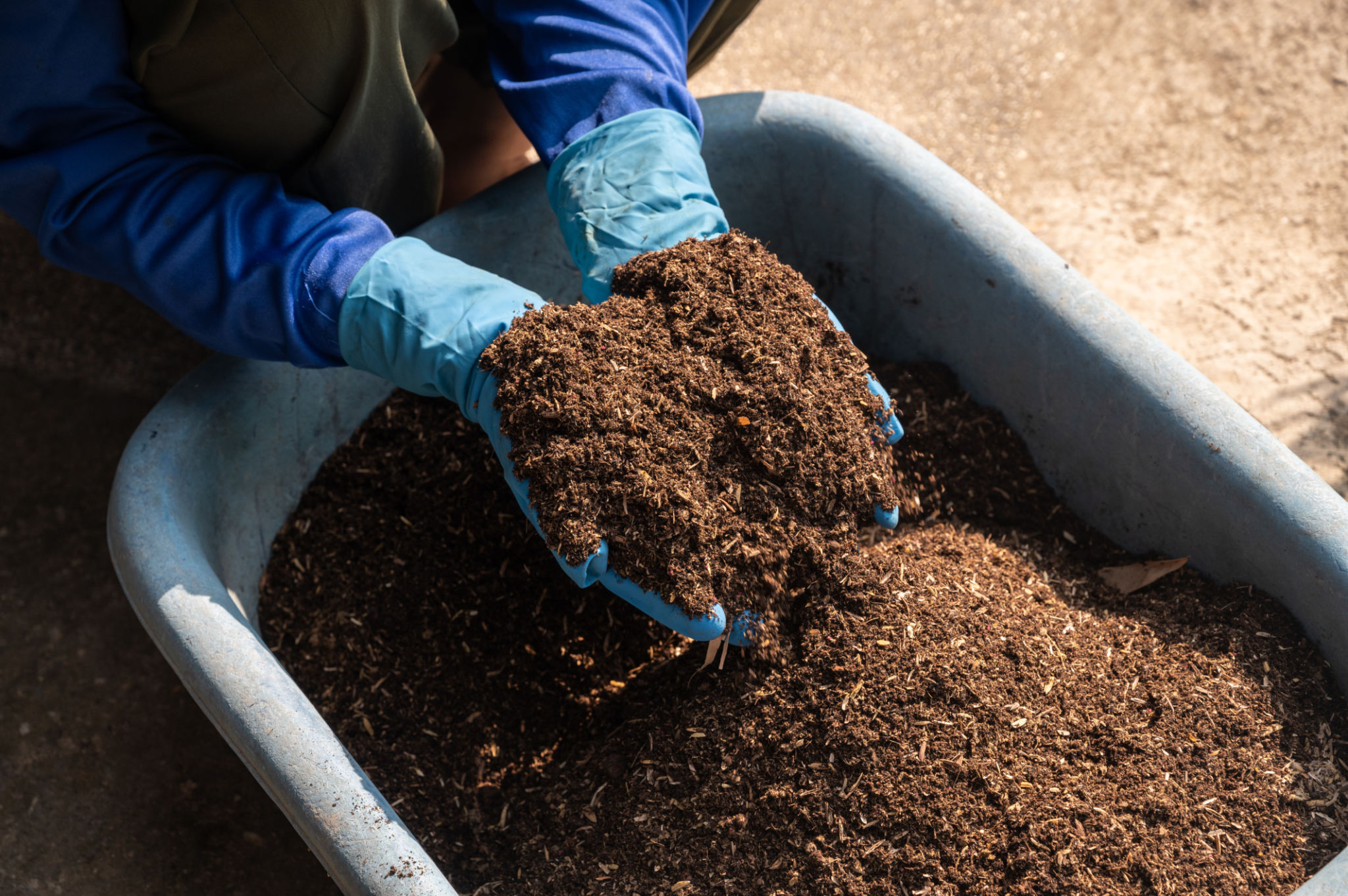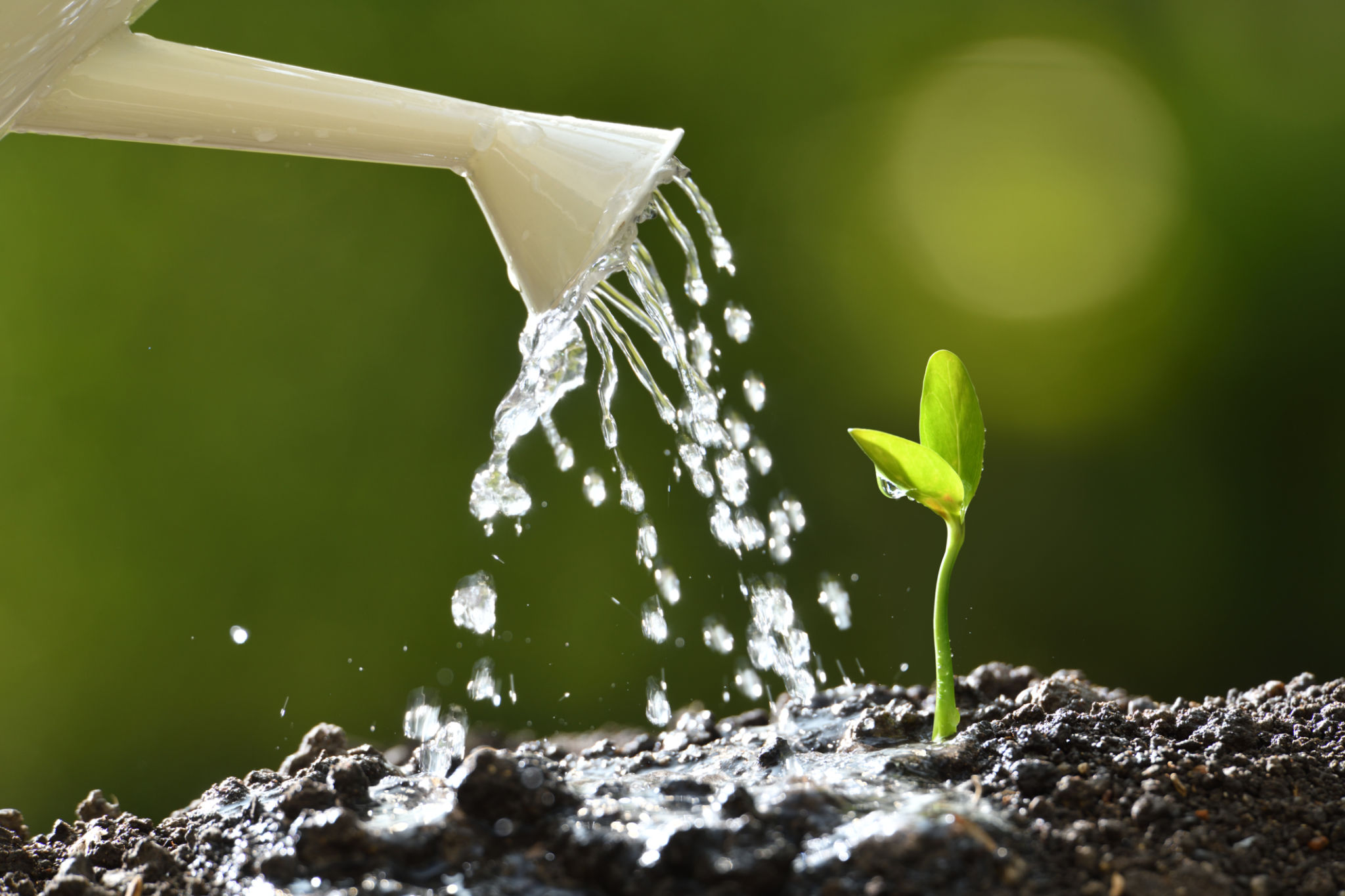DIY Tips for Creating a Thriving Organic Garden at Home
Creating a thriving organic garden at home is not only a rewarding hobby but also a sustainable way to enjoy fresh produce. With a few essential tips and tricks, you can transform your backyard into a lush green haven. Here, we explore some effective DIY strategies to cultivate a flourishing organic garden.
Start with Healthy Soil
The foundation of any successful garden lies in the quality of its soil. Begin by testing your soil's pH level and nutrient content. This will help you understand what amendments are needed to create optimal growing conditions. Incorporating organic matter like compost or well-rotted manure can significantly enhance soil fertility.
Consider practicing crop rotation to maintain soil health. Rotating crops each season reduces the risk of soil-borne diseases and pests, while also preventing nutrient depletion. Additionally, using mulch can help retain moisture, suppress weeds, and add nutrients to the soil as it breaks down.

Choose the Right Plants
Selecting plants that are well-suited to your climate and soil conditions is crucial for a thriving garden. Opt for native plants or those known for their resilience in your area. These plants are more likely to thrive without the need for excessive intervention.
Additionally, consider companion planting, which involves growing certain plants together to enhance growth and deter pests. For example, planting basil alongside tomatoes can improve flavor and ward off insects.
Implement Natural Pest Control
Keeping pests at bay without resorting to chemical pesticides is a fundamental practice in organic gardening. Encourage beneficial insects like ladybugs and bees by planting flowers such as marigolds and sunflowers. These insects act as natural predators to common garden pests.

Using homemade remedies like garlic spray or neem oil can also be effective in controlling unwanted visitors. These natural solutions are gentle on plants but tough on pests, keeping your garden healthy and chemical-free.
Efficient Watering Techniques
Water is a vital component of any garden, and using it efficiently is essential for sustainability. Implementing drip irrigation systems can conserve water by delivering it directly to the plant roots, reducing evaporation and runoff.
Watering early in the morning or late in the afternoon minimizes water loss due to evaporation. Additionally, collecting rainwater in barrels provides an eco-friendly means of keeping your garden hydrated during dry spells.

Regular Maintenance
Consistent maintenance is key to sustaining a thriving organic garden. Regularly inspect your plants for signs of disease or stress, and address any issues promptly. Pruning helps remove dead or diseased foliage, encouraging new growth and improving air circulation.
Weeding is another critical aspect of garden maintenance. Removing weeds not only prevents competition for nutrients and water but also reduces the risk of pest infestations. Make this task easier by weeding after rain when the soil is moist.
Enjoy the Harvest
With dedication and care, your organic garden will soon yield a bountiful harvest. Enjoy the fruits of your labor by incorporating fresh produce into your meals or sharing with friends and family. Homegrown vegetables and herbs not only taste better but also provide peace of mind knowing they are free from harmful chemicals.
Cultivating an organic garden is a fulfilling endeavor that supports both personal health and environmental sustainability. By following these DIY tips, you can create a lush, productive garden that thrives year after year.
